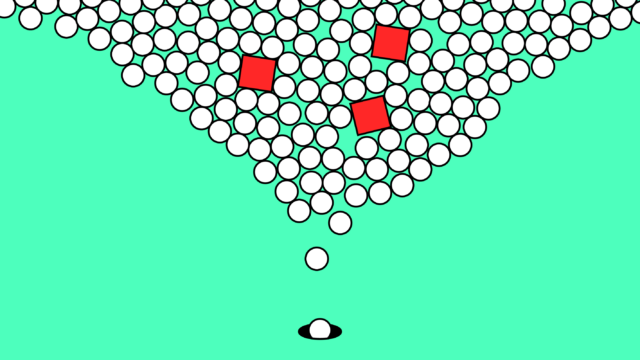Riot Aftermath: Restricting Social Media?
In the wake of recent riots around the UK, Prime Minister David Cameron has made statements regarding the role of social media in organising these events and has suggested possibly limiting access to these sites during times of crisis.
In a press conference Cameron stated, “Everyone watching these horrific actions will be struck by how they were organised via social media. Free flow of information can be used for good. But it can also be used for ill. And when people are using social media for violence we need to stop them. So we are working with the police, the intelligence services and industry to look at whether it would be right to stop people communicating via these websites and services when we know they are plotting violence, disorder and criminality.”
The home secretary will be meeting with representatives of Facebook, Twitter, and Research in Motion (the company behind the Blackberry products) to discuss their roles and responsibilities in aiding these activities.
Like everyone else, we at Cite were horrified with the rioting and looting that took place during the last week, however, we do not feel that restricting access to these sites is the right way to proceed. Social media was not the only factor in these riots, and it should not take the brunt of the blame.
For every negative impact social media has on our society, there are many examples of it promoting progress and peaceful demonstrations (Iranian elections, Egyptian uprising, etc).
In addition, social media served a very positive role during our recent riots: Facebook willingly removed any groups or events associated with organising a violent riot. Facebook and Twitter were used to organise clean-up events across the country, bringing together hundreds of volunteers who wanted to support the communities that had been damaged. And, social media was also used by the general public to report on incidences of violence and for police to inform their communities on dangerous events that were taking place.
What concerns us most, however, is the idea that restricting social media, in any form and to any person, can only lead to a slippery slope of restricting the free flow of information. With the UN recently reporting that access to the Internet is considered a human right, it seems that limiting access to websites in any manner or for any reason is a step in the wrong direction.



